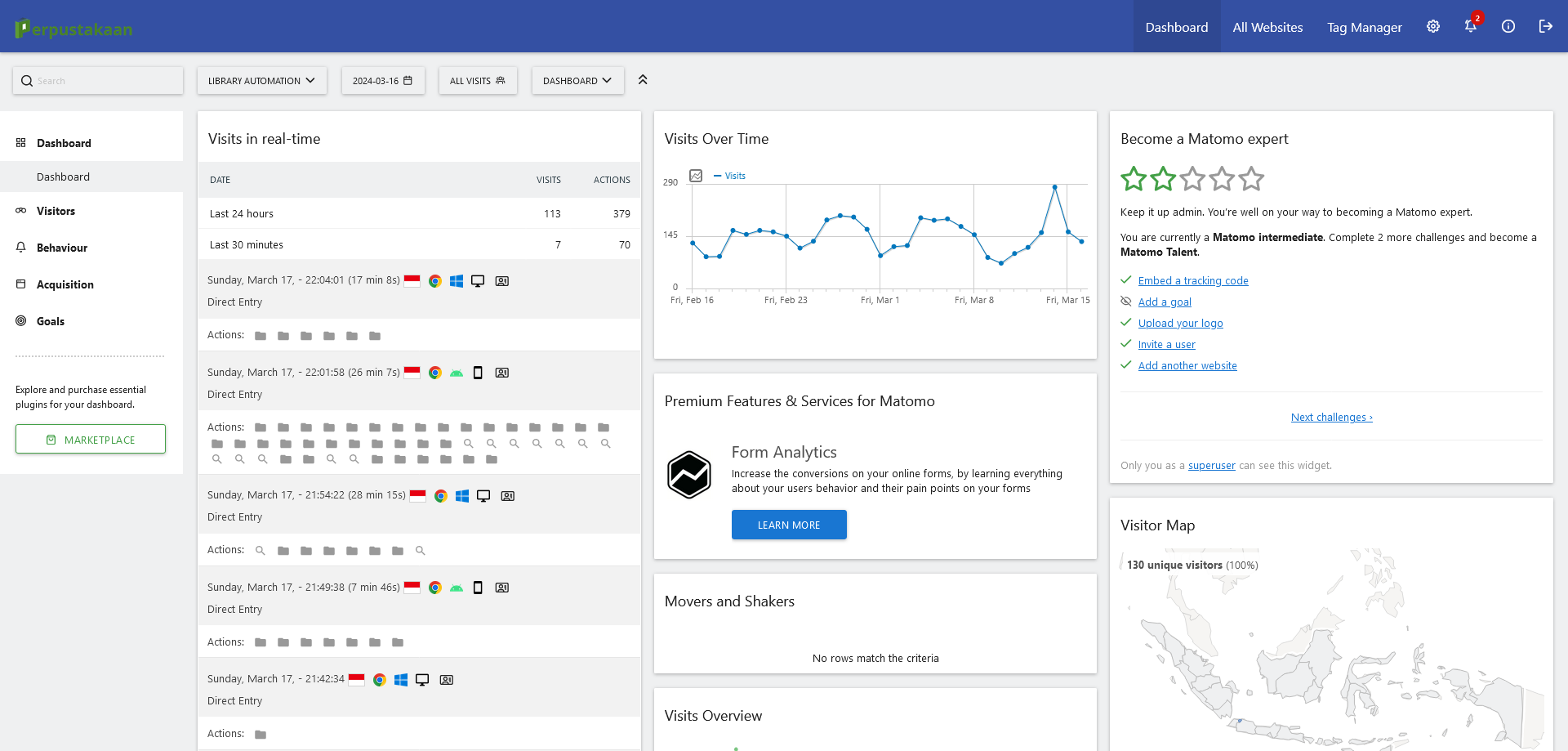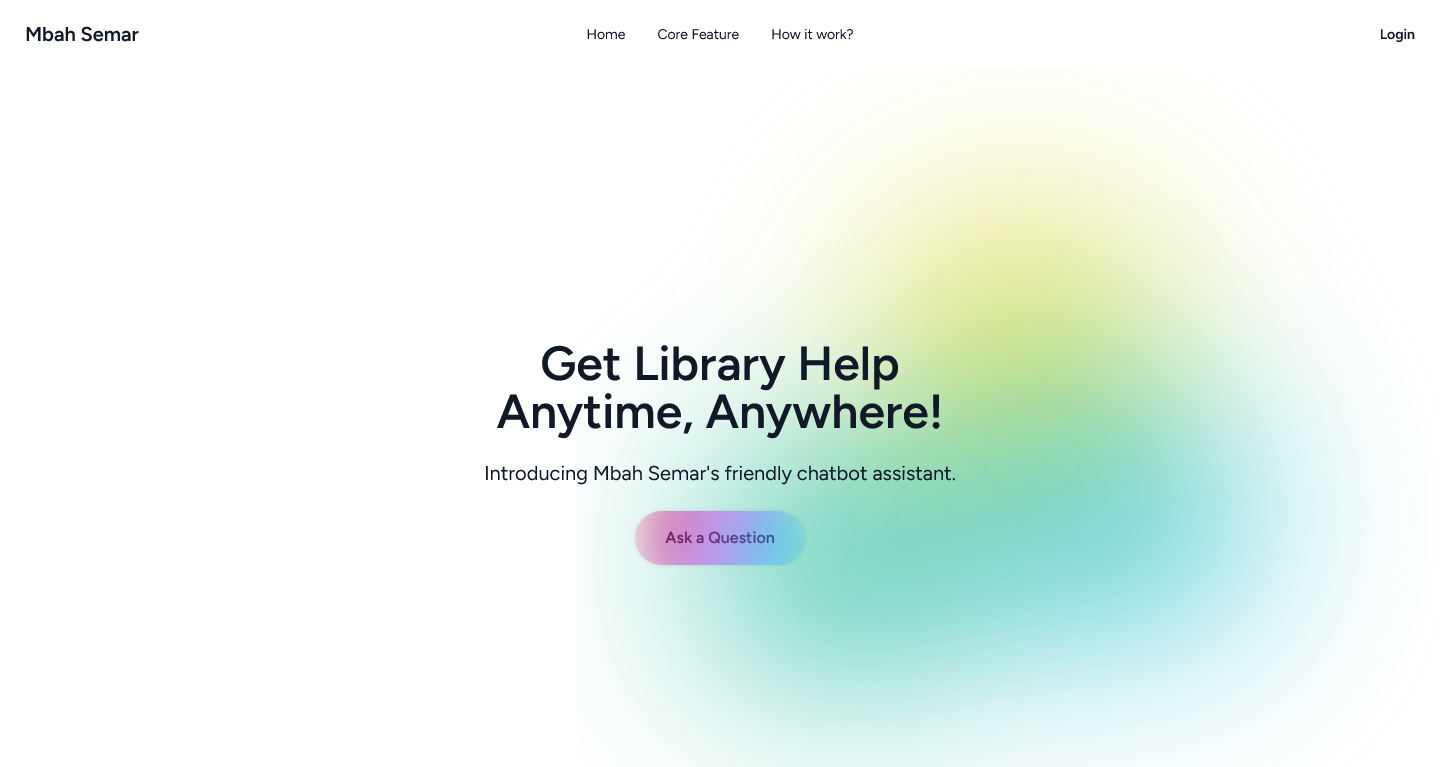Collection Details

Biosocial worlds :anthropology of health environments beyond determinism
Seeberg, Jens - Nama Orang
Roepstorff, Andreas - Nama Orang
Meinert, Lotte - Nama Orang
Napier, A. David - Nama Orang
Volkmann, Anna-Maria - Nama Orang
Biosocial Worlds presents state-of-the-art contributions to anthropological reflections on the porous boundaries between human and non-human life – biosocial worlds. Based on changing understandings of biology and the social, it explores what it means to be human in these worlds. Growing separation of scientific disciplines for more than a century has maintained a separation of the ‘natural’ and the ‘social’ that has created a space for projections between the two. Such projections carry a directional causality and so constitute powerful means to establish discursive authority.
While arguing against the separation of the biological and the social in the study of human and non-human life, it remains important to unfold the consequences of their discursive separation. Based on examples from Botswana, Denmark, Mexico, the Netherlands, Uganda, the UK and USA, the volume explores what has been created in the space between ‘the social’ and ‘the natural’, with a view to rethink ‘the biosocial’. Health topics in the book include diabetes, trauma, cancer, HIV, tuberculosis, prevention of neonatal disease and wider issues of epigenetics. Many of the chapters engage with constructions of health and disease in a wide range of environments, and engage with analysis of the concept of ‘environment’. Anthropological reflection and ethnographic case studies explore how ‘health’ and ‘environment’ are entangled in ways that move their relation beyond interdependence to one of inseparability. The subtitle of this volume captures these insights through the concept of ‘health environment’, seeking to move the engagement of anthropology and biology beyond deterministic projections.
Praise for Biosocial Worlds
'Of particular relevance to AMR research is Jens Seeberg’s chapter on the biosocial dynamics of multidrug-resistant tuberculosis in India, from a bacterial perspective. He explores the failure of Directly Observed Therapy (DOTs) in terms of interrupted exposure (or contamination) of bacteria to TB treatment, rather than standard public health explanations of inappropriate protocols and, defaulting and non-compliance. Through this analysis, he moves beyond a focus on individual behaviour, to highlight the political economy of health systems and treatments, and their contribution to the development of drug resistance.'
Antimicrobials in Society (AMIS) Hub, London School of Hygiene & Tropical Medicine
Additional Information
- Penerbit
- London : University College London (2020)
- GMD ( General Material Designation )
- Electronic Resource
- No. Panggil
-
304.5BIOA
- ISBN/ISSN9781787358232
- Klasifikasi
- 304.5
- Deskripsi Fisik
- viii, 215 pp. ill;
- Bahasa
- English
- Edisi
- -
- Subjek
- Humans
- Pernyataan Tanggungjawab
- -
- Info Detail Spesifik
- -
- GMD
- Electronic Resource
- Tipe Isi
- text
- Tipe Media
- computer
- Tipe Pembawa
- online resource




